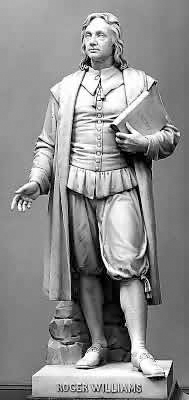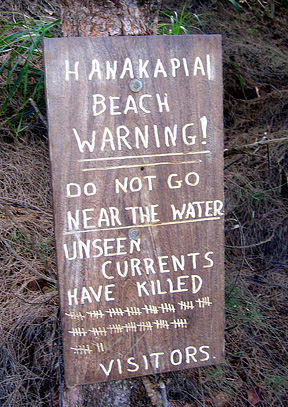What would Jesus think about the National Day of Prayer? Jon Meacham, editor of Newsweek, thinks he knows. But is he right? WWJT?
Last Friday I began to comment on the upcoming National Day of Prayer. It’s slated for this Thursday, May 6, 2010. The controversy surrounding this event has been revved up this year owing to a judge’s decision that the National Day of Prayer, which was approved by the U.S. House and Senate and signed into law in 1952, is unconstitutional. In the last three weeks, there has been no shortage of debate about the legal status of the National Day of Prayer, and no doubt this will continue for a long time to come. The “sides” of the debate are predictable, with some arguing that the National Day of Prayer is a Constitutionally-protected exercise of religious freedom, while others agree with the judge in concluding that the Constitution prohibits the federal government from endorsing an exercise of prayer.
Newsweek’s editor, Jon Meacham, uses the controversy swirling around the National Day of Prayer to weigh in on the relationship between church and state. He argues for the separation of these two entites, but not on legal grounds. Rather, Meacham offers a “religious case” for keeping church and state separate.
 As a witness for his position, Meacham summons Roger Williams, the seventeenth-century preacher and founder of Rhode Island. Meacham quotes Williams, who called for a “hedge or wall of separation between the garden of the church and the wilderness of the world.” He believed that the church was better off if it was not dependent upon or endorsed by the government, but rather free from government sanction and control. (Photo: Statue of Roger Williams in the National Statuary Hall Collection.)
As a witness for his position, Meacham summons Roger Williams, the seventeenth-century preacher and founder of Rhode Island. Meacham quotes Williams, who called for a “hedge or wall of separation between the garden of the church and the wilderness of the world.” He believed that the church was better off if it was not dependent upon or endorsed by the government, but rather free from government sanction and control. (Photo: Statue of Roger Williams in the National Statuary Hall Collection.)
Meacham’s second witness is none other than Jesus of Nazareth. Here’s what Meacham writes concerning Jesus:
The idea of separation began, in fact, with Jesus. Once, when the crowds were with him and wanted to make him a king, he withdrew and hid. Before Pilate, Jesus was explicit: “My kingdom is not of this world,” he said.
Then, after adding evidence from the Christian tradition and the Founders of the United States, Meacham concludes:
There are many precedents for the National Day of Prayer, but serious believers, given the choice between a government-sanctioned religious moment and the perpetuation of a culture in which religion can take its own stand, free from the corruptions of the world, should always choose the garden of the church over the wilderness of the world. It is, after all, what Jesus did.
So, when it comes to the question of what Jesus would think about a government-sponsored National Day of Prayer, Meacham answers with a definitive thumbs-down.
Is Meacham right? Did Jesus choose “the garden of the church over the wilderness of the world”? And if so, would he do the same when it comes to the National Day of Prayer?
Meacham’s argument depends on two passages from the New Testament Gospels. In one, Jesus hid from the crowds when they wanted to make him king. In the other, Jesus explained that his kingdom “is not of this world.” But do these texts support the point Meacham is trying to make? Or has he become a ventriloquist who is putting words in Jesus’ mouth?
In my next post in this series on the National Day of Prayer, I’ll examine the passages upon which Meacham bases his case. In the meanwhile, what do you think? When you consider the National Day of Prayer, WWJT?

